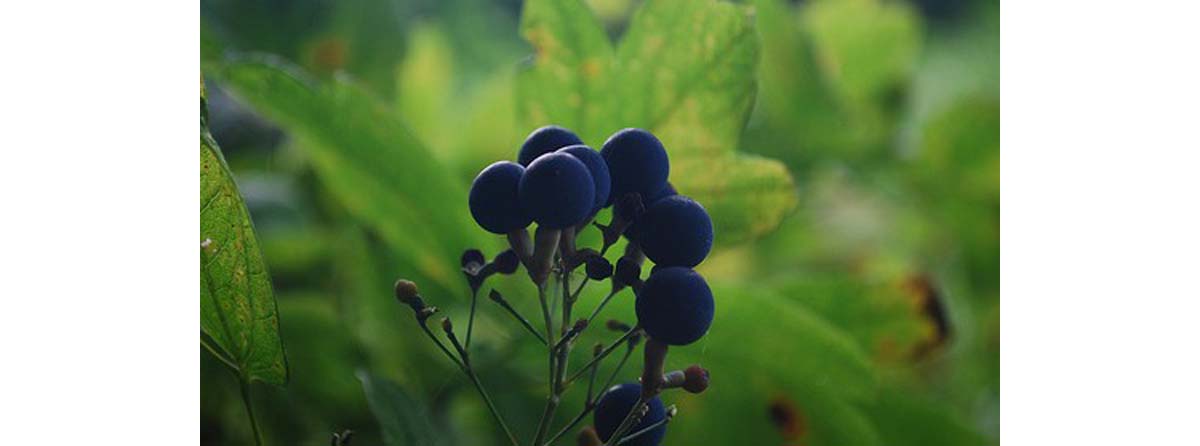Table of Contents
One blog says that herbs have always been used to control fertility, but that this knowledge has now largely been lost because women who advised others about it were condemned as witches in the past. Then, the shocking bit: "We are left to piece together the clues they left behind and are working to regain the knowledge of how to harvest and prepare, how much to take and what combinations are most effective."

The woman who wrote those sentences, and who gives information on how to perform herbal abortions, says that she is a herbology student and is not actually dishing out medical advice. She also strongly warns women against ingesting essential oils — at least one woman died trying to perform a DIY abortion that way in 1978, so that warning is definitely warranted.
The herbology student provides much-wanted information that many women are looking to find online. Health forums across the web have topics started by women who want to know how they can end a pregnancy by themselves — we had one such question here on SteadyHealth too, only a few weeks ago. Natural birth and parenting forums seem to be particularly full of these kinds of questions.
SteadyHealth is here to help people live a healthy life and to make responsible choices, not to guide them into using dangerous, unproven and potentially life-threatening methods that should remain in the middle ages. Still, because you are curious, here is a brief look at the types of methods women use to attempt DIY abortions:
- Pennyroyal with brewer's yeast or blue cohosh — dates back to American colonial times
- Dong quai (Chinese Angelica) — stimulates uterine contractions
- Very large doses of vitamin C — inhibits progesterone
- Blue cohosh
- Evening primrose
- Tansy — very toxic
Another herbalist blogger who describes how to induce a miscarriage with various herbs warns: "As an herbalist and active member of many alternative circles, I have seen a tragic number of women find themselves injured, sickened, or deeply traumatized by herbal abortions. Herbal abortions (and all other forms of home abortion) are not a safe or effective alternative to clinical methods."
The woman I initially quoted says that herbal abortions appear to be effective in around 45 percent of attempted cases, and she goes on to warn that this does not mean the herbs were not effective — they can still lead to birth defects, and they can simultaneously put the woman's liver and kidneys under immense stress. She, and other herbalists, also stress the idea that herbal miscarriages are not likely to be successful after very early pregnancy.
This should say enough, really. DIY abortions can be successful in the best case. If they don't work out as planned, they can lead to health problems and the need to have a surgical or medical abortion after all. In the worst case, the pregnancy will be terminated... but only because the woman also ends up dead.
Pregnancy crisis centers and women's organizations are there to help women who cannot afford an abortion, and there are also organizations that help women in countries where maternal-choice abortions are not legal travel abroad. DIY abortions are not a safe choice under any circumstances, so women who are desperate to end their pregnancy should always keep in mind that they do have other options.
- Photo courtesy of Gisela Francisco by Flickr : www.flickr.com/photos/gifrancis/1451763165/
- Photo courtesy of Joshua Mayer by Flickr : www.flickr.com/photos/wackybadger/6178195418/

